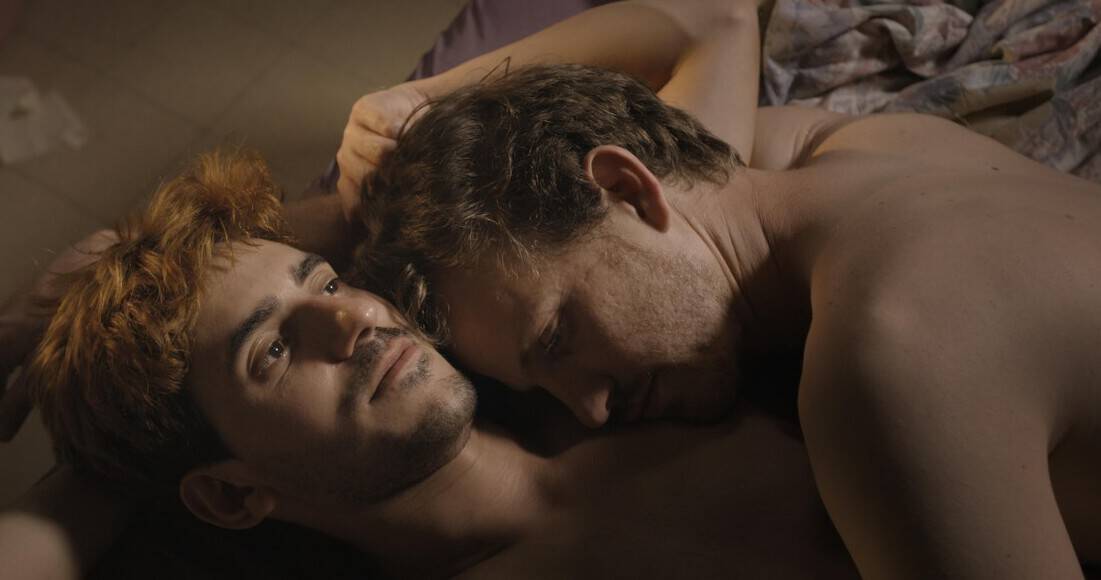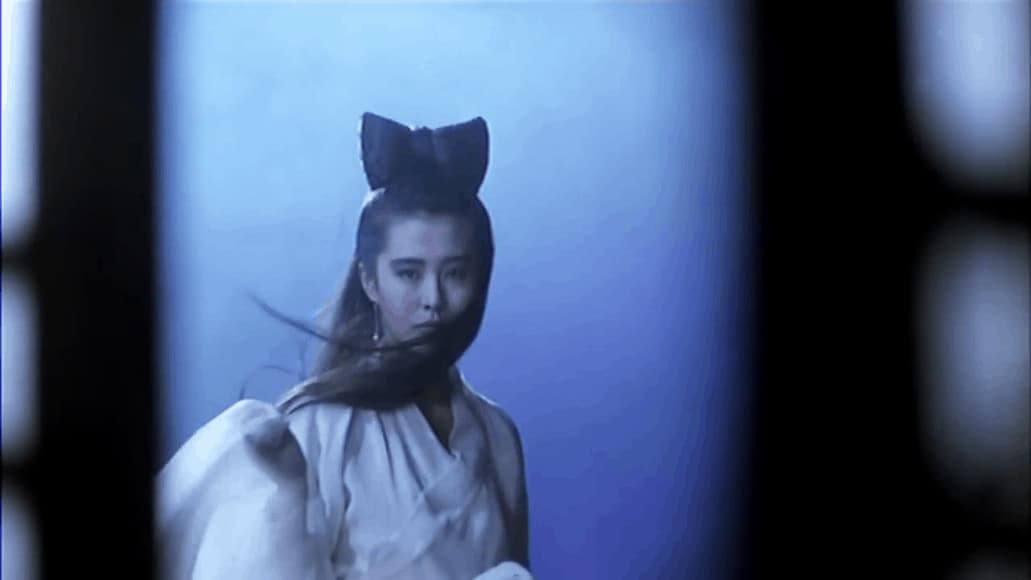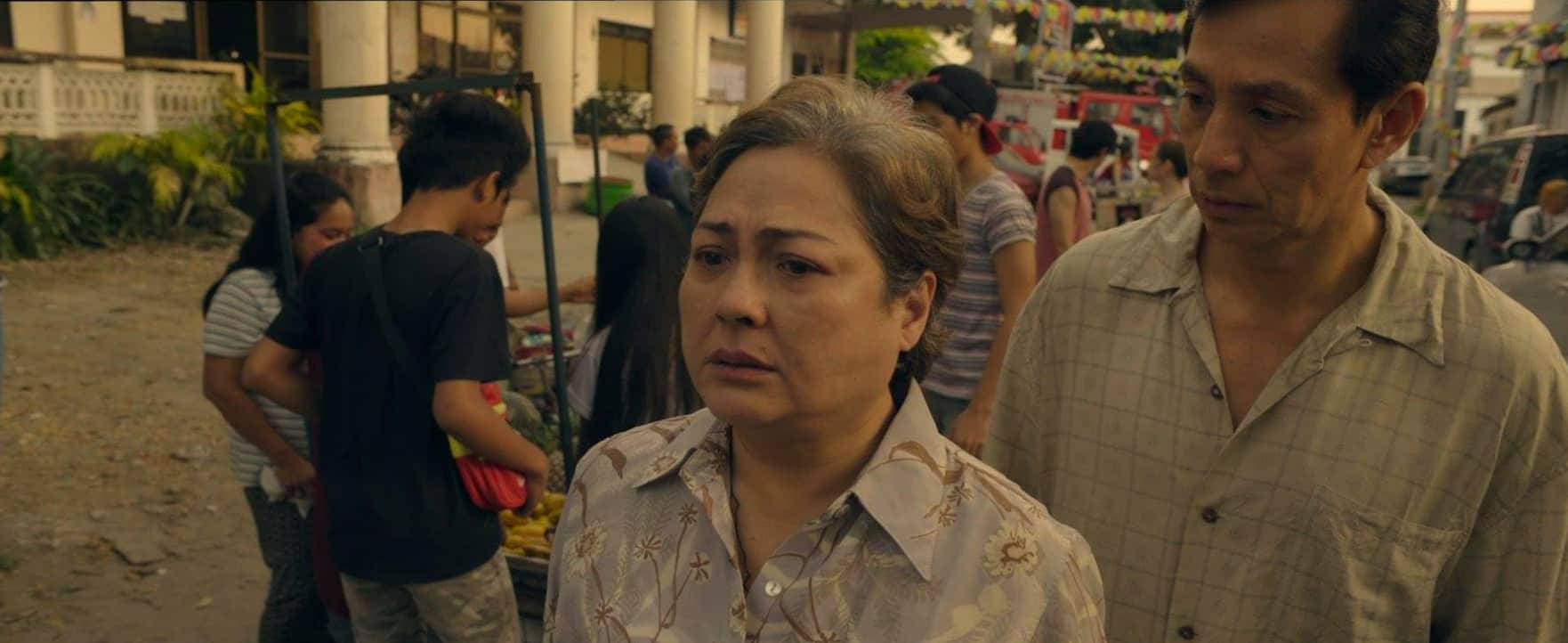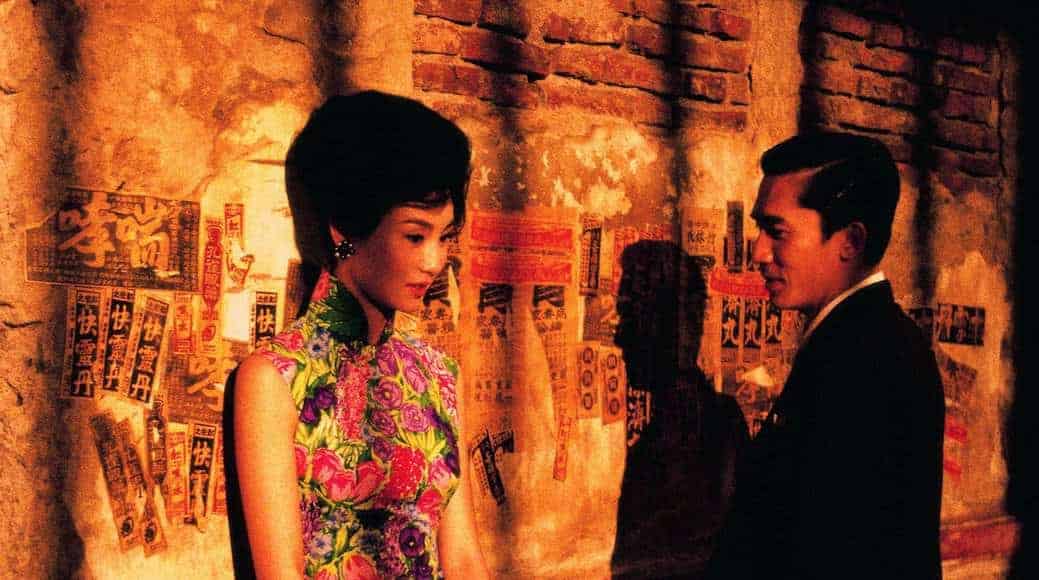Extending a 2018 short that focused on the lives of the about 1500 Kurds living in the Tokyo area, the feature version of the documentary sheds even more light to the issues they face, by adding another protagonist to the 18-year-old Ozan, Ramazan.
“Tokyo Kurds” is screening at Jeonju International Film Festival and is available from Article Films

The film starts in a rather brutally realistic fashion, as the violent episodes that take place between Kurds and Turks, with the former essentially being the ones persecuted, setting the tone for the issues they have to face, both from local authorities, and the people who consider them all as terrorists. The narrative calms a bit after that, as we are introduced to the two protagonists, Ozan and Ramazan, both of which have been living in Japan since childhood, and can speak and write fluently in Japanese.
Despite their common background, however, the paths the two have chosen are rather different. Ramazan wants to get into a college and study, and for this purpose, he is also learning English, while the rather handsome Ozan wants to be on television, but is also forced to work, illegally, in a demolition crew in order to support himself. Their wills may be different, but the obstacles they face are essentially identical. Colleges turn down Ramazan's application because he does not have a visa (which he could get if he managed to enter a college, in a truly Uroboros-like obstacle) while the talent agency Ozan applies for cannot hire him without permission from the immigration service to work in Japan, which, expectedly, is never granted. As such, the two of them become completely lost regarding their future, a concept that becomes painfully evident in a scene where they appear together in the film, discussing their lives.
Furthermore, Ozan faces family issues, with his relationship with his father being rather strenuous, to the point that he stops talking to him. His mentality deteriorates even more as time passes and no light at the end of the tunnel appears, with the moments he starts pondering ending his life being rather impactful. Ramazan on the other hand, finds an opportunity for a second chance in a car mechanics' school, but his problems are far from over.
In a third angle, the documentary also focuses on the lives of the rest of the Kurds in the country, which are highlighted through a festival they all participate, where we also learn, that the ones who are over 30 and have lived in Kurdistan and Turkey before, consider living in Japan better, even in these circumstances. The last angle of the documentary focuses on a number of immigrants who are considered illegal by the Japanese authorities, and are detained in an immigration center, for years on occasion, as in the case of Ramazan's uncle, in an aspect that we recently saw in “all its glory” in “Ushiku”.
The sum of all these elements results in a series of rather dire comments. First and foremost, the ridiculous foreing policy Japan implements, as in 2016, the number of applications of individuals to be recognized as refugees were 10,901 and only 28 out of them were granted. The problem becomes even more absurd when one considers the issue the country faces with its aging population, with a number of people believing that eventually, the government will be forced to open its borders. To cover its needs in work force. Why it keeps this policy until this day, however, remains a mystery that goes beyond logic.
Subsequently, and in the second main comment of the documentary, the deadend people like Ozan and Ramazan face is also highlighted, as the Kurds are persecuted by the Turks in their birthplace, and by the authorities in Japan, a concept that creates an impossible situation for them.
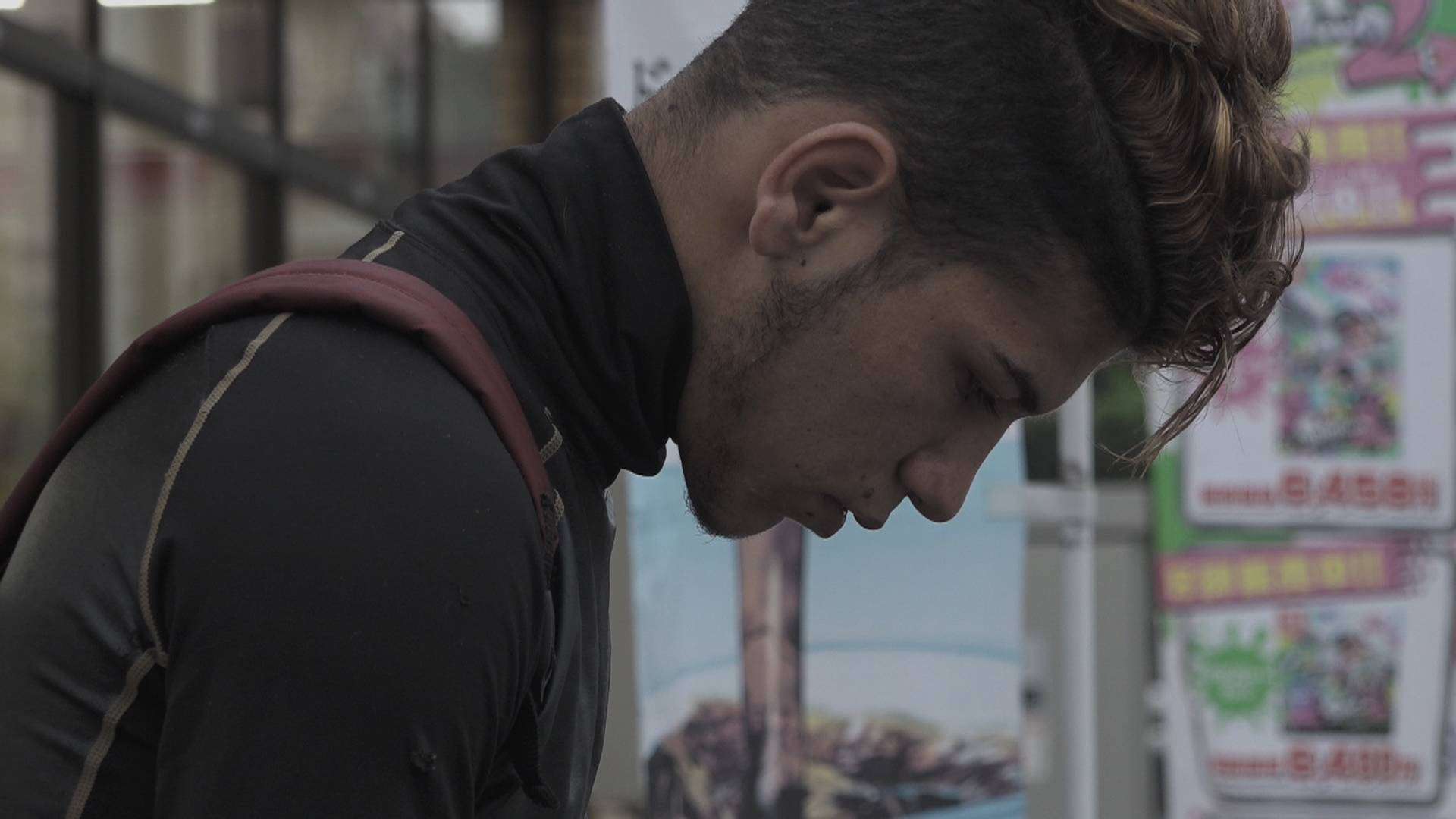
All of the aforementioned are captured exceptionally by cinematographers Toshiyuki Matsumura and Yuji Kanazawa, in an approach that highlights how close Fumiari Hyuga was to his “subjects” and the level of trust he enjoyed. Rintaro Oriyama's editing is also on a very high level, with the succession of calm and tense moments carrying the 102-minute documentary from beginning to end. The whole presentation succeeds in another aspect apart from highlighting the general problems, to create empathy for the two protagonists, in probably the greatest asset of the movie.
“Tokyo Kurds” is a great documentary that uses two specific cases in order to show the general issues immigrants face, while also presenting two rather interesting portraits of young men.





